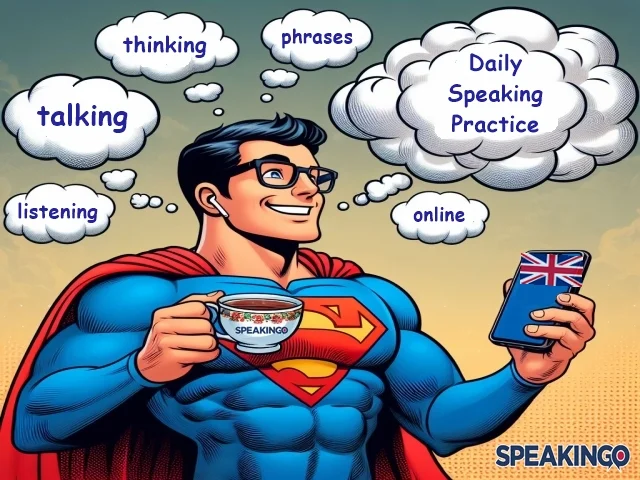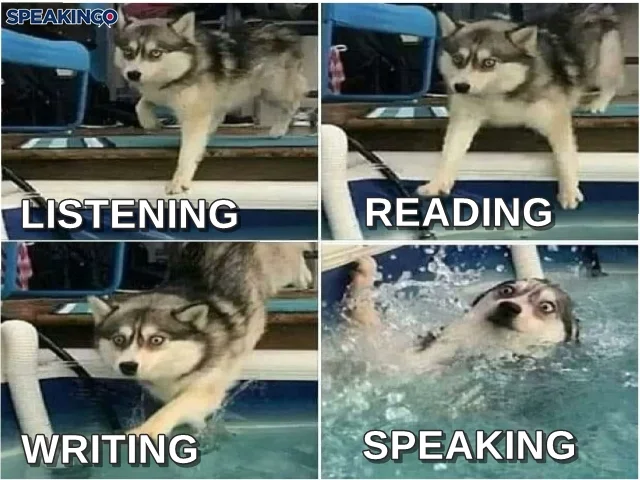When writing in English, even the most minor mistakes can stand out to a native speaker like a sore thumb. Whether it’s a peculiar choice of words, awkward phrasing, or grammatical slip-ups, these errors can sometimes change the meaning of your sentences or distract from your message. Here, Alice O’Donnell, an esteemed editor from State Of Writing, highlights some common blunders that native speakers pick up on immediately. Understanding these pitfalls can help non-native writers improve their fluency and write more like a native speaker.
1. Misuse of Prepositions
Prepositions might be small, but they hold immense power in sentence construction, and natives can instantly spot when they are off. Correctly using prepositions often perplexes non-native speakers because it requires textbook learning and a feel for the language that comes from an immersive experience.
- “On” is used for days and dates (e.g., on Friday, the 25th).
- “In” is used for months, years, centuries, and long periods (e.g., in June, in 2020).
- “At” is used for precise times (e.g., at 3 o’clock) and locations (e.g., at the station).
- “By” indicates a method or a deadline (e.g., by the train, by tomorrow).
Nailing the correct prepositions can instantly elevate your writing, making it smoother and more naturally flowing, just like a native’s.
When recognizing non-native speakers’ challenges, Alice O’Donnell recommends utilizing professional writing support. If you wonder, “Who can do my coursework for me in the United Kingdom?” services provided by StateOfWriting are invaluable for those looking to refine their writing to a native-like level. Engaging with a professional editor can help learners understand their mistakes in context and receive guidance on avoiding them in the future, ultimately leading to more precise, more effective communication in English.
2. Overuse of Adjectives and Adverbs
Writers often think that more adjectives and adverbs mean more color in their writing, but this can lead to more transparent and more manageable prose. Native speakers favor a more straightforward, precise style that prioritizes solid nouns and verbs over excessive modifiers.
- Adjectives should be used sparingly and thoughtfully. Instead of “big, scary, fierce dog,” opt for “ferocious dog.”
- Adverbs often need to be more concise in a sentence. Instead of “run really quickly,” consider “sprint.”
- Choose stronger verbs to avoid needing extra adverbs.
- Be selective with descriptors to ensure they add value to the noun they modify.
Focusing on precision rather than quantity in your adjective and adverb use cleans up your writing and aligns it more closely with native usage, which tends to be more direct and impactful.
3. Confusing Homophones
Homophones are words that sound alike but have different meanings and spellings. They are notorious traps for all writers, particularly those learning English as a second language. Natives notice immediately when the wrong form is used, as it usually stands out clearly within the context of a sentence.
- There, Their, They’re: “There” refers to a place, “their” indicates possession, and “they’re” is a contraction of “they are.”
- Your, You’re: “Your” shows ownership, while “you’re” is a contraction for “you are.”
- Its, It’s: “Its” is possessive, and “it’s” is a contraction of “it is” or “it has.”
- To, Too, Two: “To” is a preposition, “too” means also or excessively, and “two” is the number.
By paying attention to homophones and double-checking their usage, you can significantly reduce the number of glaring errors in your text and make your writing more transparent and professional.
4. Incorrect Verb Tenses
Verb tenses are a fundamental aspect of English that can alter the timeline and clarity of your narrative. Native speakers can instantly detect when tenses are misused, as it disrupts the flow and logic of the story being told.
- Simple past vs. Present perfect: The simple past (I went) describes a completed action, whereas the present perfect (I have gone) suggests a link to the present.
- Past perfect for sequence: Use the past perfect to show that one action happened before another in the past (Before I went home, I had finished work).
- Simple present for habits: The simple present describes regular actions (I drink coffee every morning).
- Will vs. Going to: Use “will” for decisions made when speaking and “going to” for plans and intentions.
Grasping the nuances of English verb tenses and correctly applying them can significantly improve your writing’s accuracy and readability, making it appear more native-like.
Final Thoughts
By understanding and avoiding these common mistakes, non-native writers can create more explicit, influential English texts. Remember, writing like a native doesn’t necessarily involve using complex vocabulary or intricate sentence structures; it’s often more about being direct, precise, and naturally fluent. Alice O’Donnell recommends frequently revisiting fundamental language rules and engaging with various English texts to internalize the subtleties of native speech. She emphasizes that consistent practice and active learning are vital to mastering the language in a way that resonates with native speakers.























